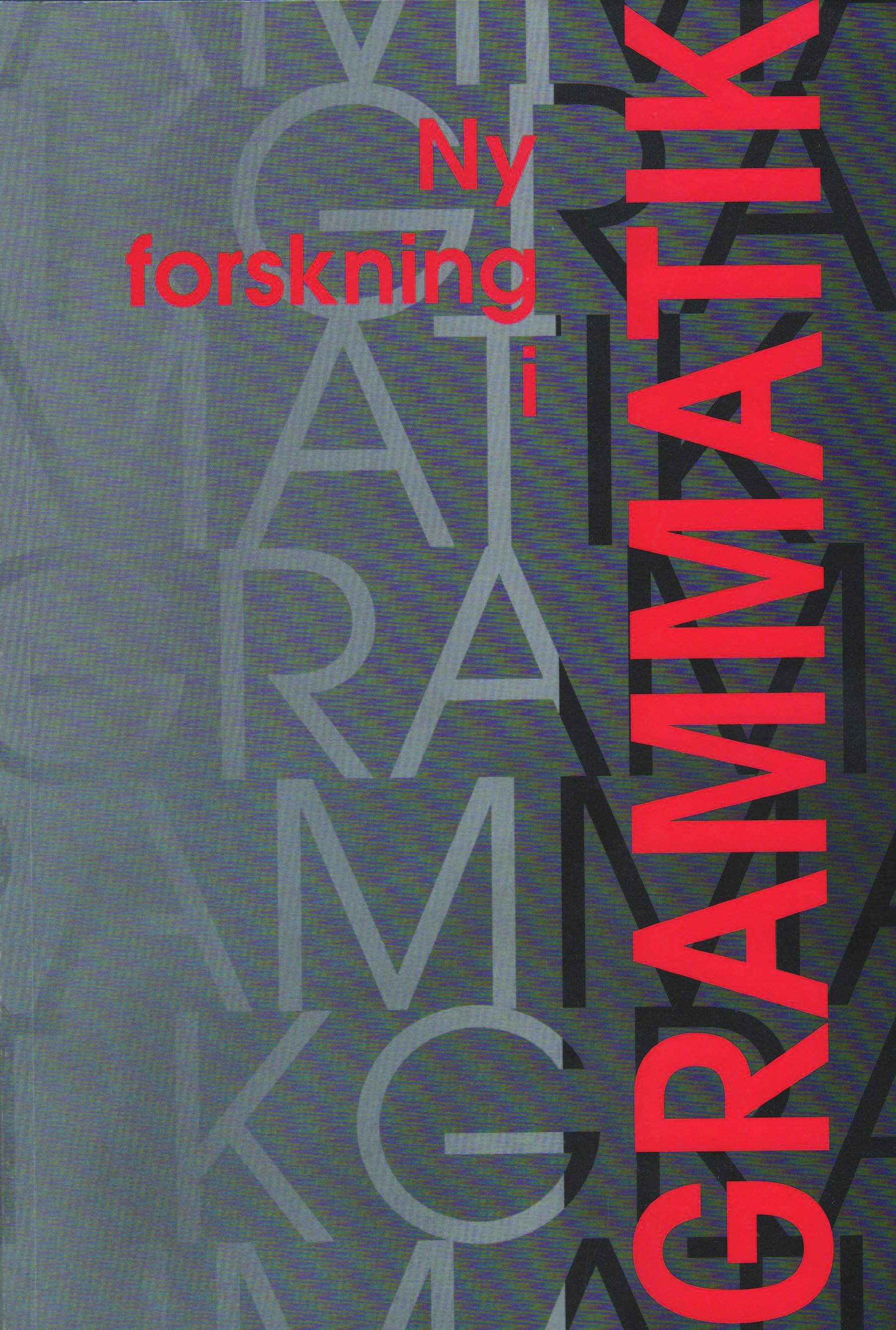Kodning af [±Distance] i spanske NP’er med event-nominaliseringer som kerneled
DOI:
https://doi.org/10.7146/nfg.v25i24.97250Nøgleord:
anti-passive, nominalisations, participles, prepositions, verbonominal predicatesResumé
This paper shows that the principles that govern the use of object prepositions inside Spanish NPs with event nominalizations as heads are similar to the ones applying to the sentence level anti-passive alternation. It is claimed that object prepositions encode a fundamental distinction between proximity and distance in terms of how the Agent and the Patient relate to each other. The preposition de ‘of ’ induces a proximity relation where no transfer of energy between the participant roles takes place, while prepositions different from de signal distance between the roles. The proximity vs. distance assumption and its foundation in the anti-passive alternation is corroborated by linguistic evidence concerned with the compatibility patterns of these NPs with directional participles and verbonominal predicates.Downloads
Publiceret
2017-10-12
Citation/Eksport
Müller, H. H. (2017). Kodning af [±Distance] i spanske NP’er med event-nominaliseringer som kerneled. Ny Forskning I Grammatik, 25(24). https://doi.org/10.7146/nfg.v25i24.97250
Nummer
Sektion
Artikler
Licens
Forfatteren/forfatterne og Dansk Sprognævn har ophavsret til de artikler der bringes i tidsskriftet.





